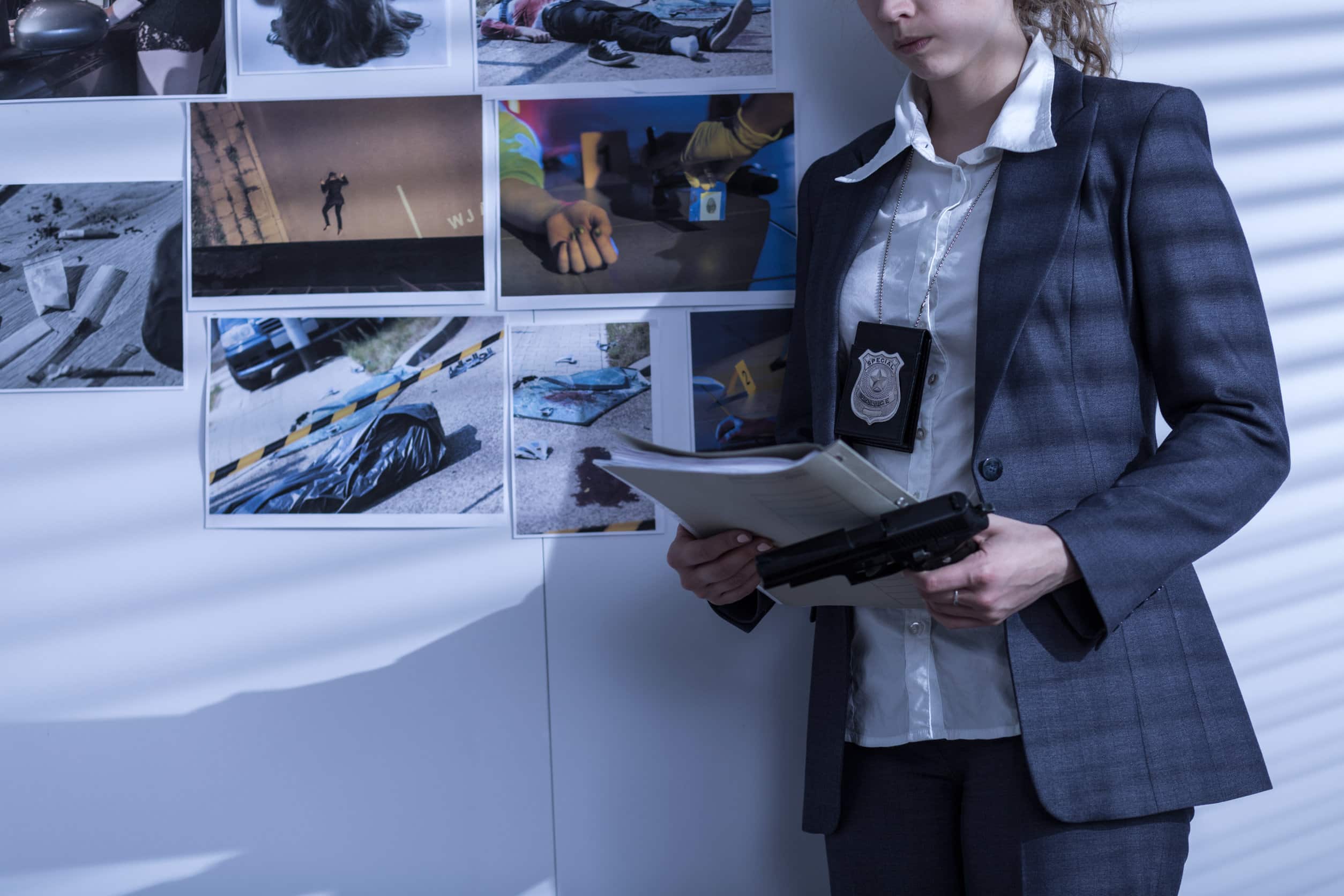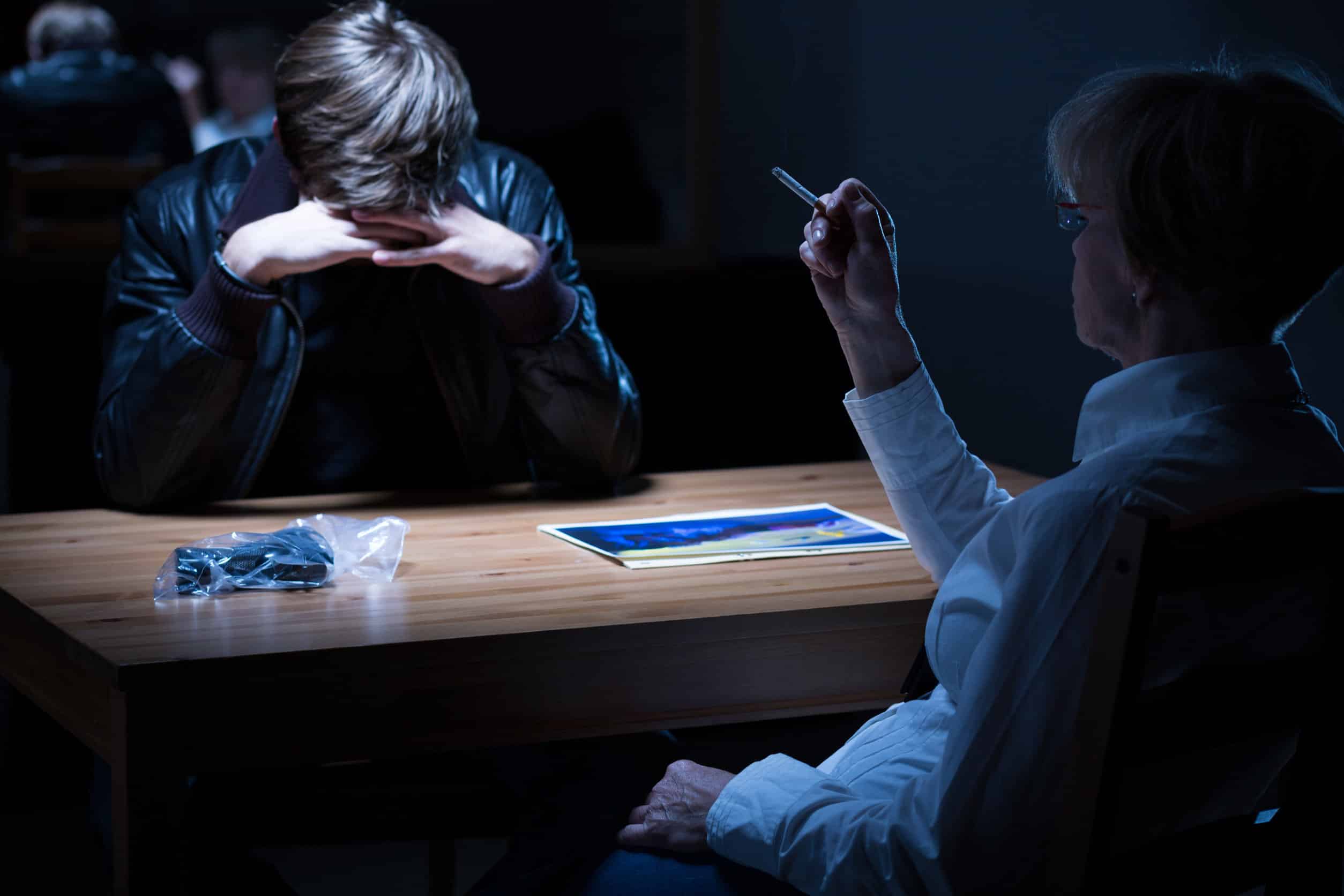- Home
- THE FIRM+
- Criminal Defense+
- CASE RESULTS
- AREAS WE SERVE+
- FAQ’s
- Blog
- Contact
AZHARI LLC BLOG

Posted By: Sami Azhari
Category:
Drug crimes are taken very seriously in Illinois, even with the relaxed rules regarding marijuana and the decriminalization of some substances. The police still regularly seek out drug operations that manufacture and sell controlled substances to try to get drugs off the streets.
One of the ways that police try to help stem the flow of drugs is to carry out sting operations on suspected drug manufacturers and traffickers. If you or a loved one are caught up in a sting operation, it’s important to understand that you have rights in the situation.
Here’s what you need to know about drug manufacture rings, trafficking crimes in Illinois, and sting operations, including what you should do if you are arrested in one.
Drug Manufacturing in Illinois
Under the Illinois Controlled Substances Act, anyone who produces prepares, converts, processes, propagates, or compounds a controlled substance either directly or indirectly for use by others can be charged with drug manufacturing in the state.
It is a Class 4 felony, and a conviction can result in up to three years in prison as well as fines of $25,000 for each offense. You can be subject to probation for up to 30 months as a consequence of conviction as well.
Drug Trafficking in Illinois
Drug trafficking in Illinois is complex. If you are found guilty of it, the quantity of the substance you are accused of delivering will directly influence the penalties involved.
For example, if you are busted with 100 grams of a controlled substance in the state and accused of trafficking it, then you can go to prison for as long as 60 years. 500 grams of a controlled substance can send you to prison for up to 100 years. Drug trafficking is classed as a Class X felony, the most serious in the state.
Are Sting Operations Legal in Illinois?
Sting operations are something you may be familiar with thanks to movies and television. It refers to a strategy by police to catch those they suspect are breaking the law in the act of doing so. Officers may pose as someone who is selling or seeking to buy drugs, and they will make an arrest once there has been a transaction.
In Illinois, these types of sting operations set up by police are legal. It is legal for a police officer to lie in this context and deceive suspects. But it’s important to note that there is a very thin line between these types of operations and entrapment.
If an officer creates an opportunity for someone to break the law in a way they otherwise would not have during a sting operation, then an argument can be made that it’s entrapment. Basically, if a person commits an offense only because they were coerced or forced to do so, then it can be entrapment.
You Can Remain Silent
There’s a persistent myth out there that law enforcement officers are required to identify themselves as such if asked by a citizen. This is not true, so don’t go into a situation believing it to be. Police do lie in situations like sting operations, and they can lie to you when trying to extract information after an arrest.
If you are ever arrested as a part of a sting operation, or someone you know is, it’s vital to invoke your right to remain silent until your lawyer is present.
Contact Drug Trafficking Defense Lawyer for Legal Representation
In Illinois, the consequences of drug manufacturing and trafficking can be severe. If you or someone you know has been caught in a sting operation, it’s essential to remember that you have rights. Understanding these rights is the first step in building a strong defense against any charges.
Whether you’re facing charges for drug manufacturing or trafficking, Azhari LLC offers the expertise to navigate the intricacies of your case effectively. Contact us today to ensure that your case is handled with the diligence and expertise it deserves.
About the Author
Sami Azhari has been working as a lawyer since 2007, after receiving his Juris Doctor from the Michigan State University College of Law. He has handled numerous state and federal cases, and is known throughout the Chicago and Rolling Meadows area for providing his clients with high-quality, skilled representation. He has been recognized by Avvo (2013 and 2018), SuperLawyers (2015-2020), The National Trial Lawyers, and other notable organizations, and has spoken at a number of legal conferences.


























































